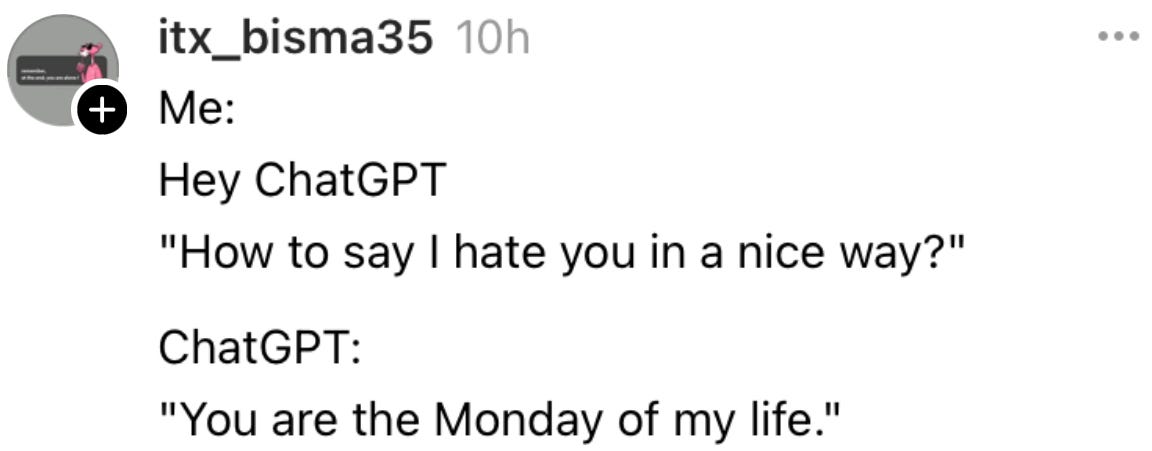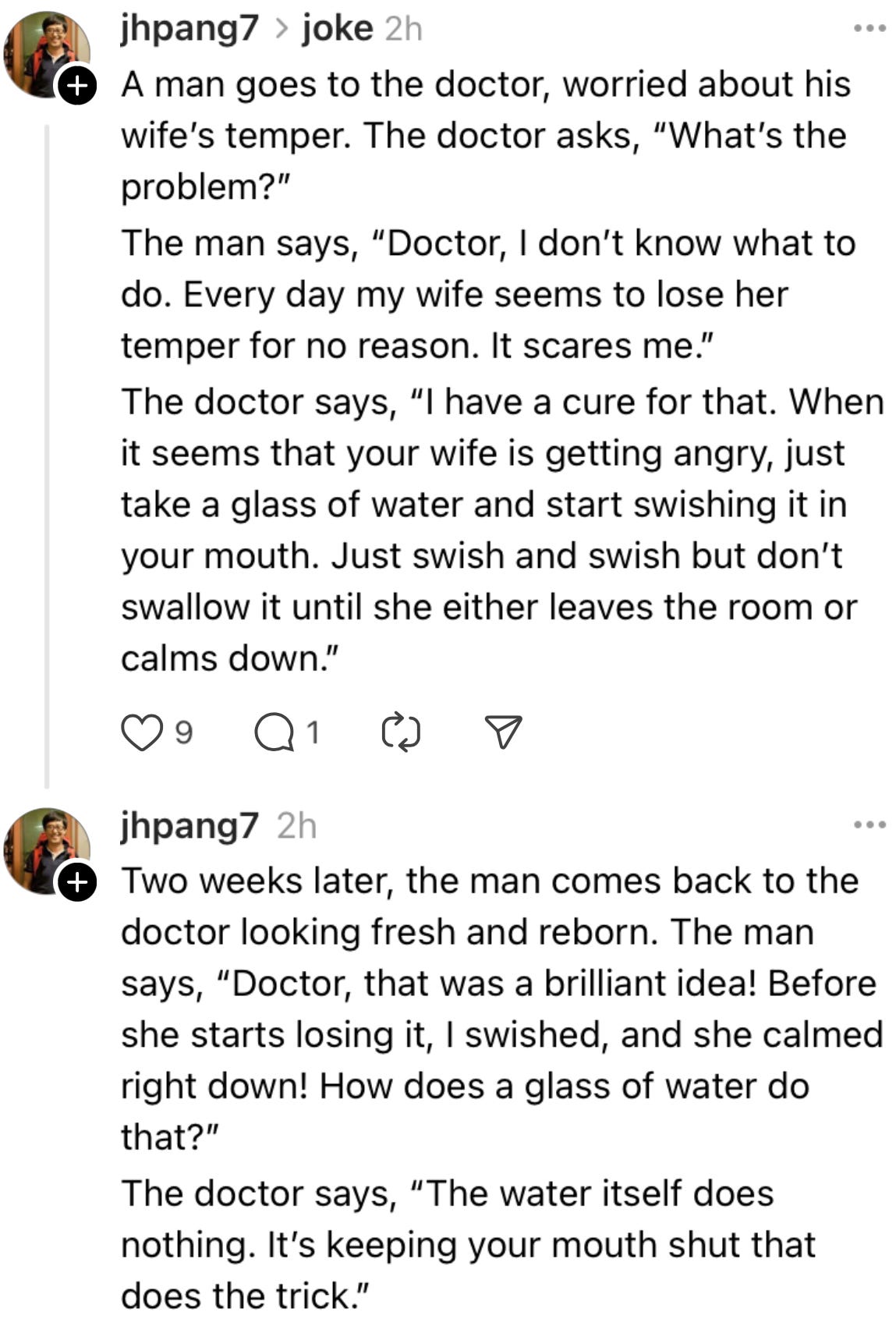Sometimes if you make a bad decision — or think you did — its repercussions can last for decades. Self-doubt has an infinite shelf life.
Take this Washington Post column about a divorcee who figures they picked the wrong spouse, so now they put off or second guess other major decisions. That’s both understandable and awful, because I can’t imagine anyone who hasn’t made a decision that they regretted.
Fans of “Hamilton” know that Alexander Hamilton had a huge influence in the 1800 election, swinging support toward Thomas Jefferson over Aaron Burr. That choice might have contributed to Hamilton’s death, as Burr killed him in a duel four years later.
But that doesn’t mean it was a bad decision. He made far worse ones.
An attorney once told me that lots of people might be better off with three spouses: One for when you both still have your passion but are finding your niche, one for settling into a house and/or a family, and one for the golden years. Circumstances change. People change. Some couples adapt, others don’t.
Columnist Carolyn Hax makes a similar point to Letter Writer: “You might have done fine with the information you had; life takes odd turns.”
But Hax acknowledges that people overlook weaknesses, like being superficial, lying to themselves and ignoring crucial information and behavioral patterns.
“Digging for answers will help you understand yourself better,” Hax writes, “including your needs, your strengths, and, maybe most important, what your vulnerabilities and blind spots continue to be.”
My words, not Hax’s: Indecision is one of the biggest blind spots of all, living in a world where a Cheesecake Factory menu becomes a labyrinth. You inertialize your way into not applying for jobs or dating someone new or finding a better home.
Maybe your blind spot is arrogance. You’re so convinced that you’re always right — “Alexander Hamilton. My name is Alexander Hamilton” — that you take your hairpin turns at 100 mph, sometimes surrounding yourself with sycophantic airbags.
Hamilton was a brilliant man, hoist on his own hubris.
We all need a good shit detector. If you don’t have one, borrow from a loved one.
Who tells you you’re full of crap?
Having supportive friends and colleagues is great, for your success and your mental health. But sometimes the best support you can get isn’t a “yes” but a “no” — or at least a “whoa.”
Even if you’re like Letter Writer, you need to build good decision-making habits because sometimes life sabotages your stability. Maybe your company has layoffs and you find yourself jobless or in a far different role. Maybe your partner gets sick or pregnant or develops a wandering eye. Suddenly your status quo is a no-go.
The finale of “Ted Lasso” shows how complicated decisions can be, even if they’re fictional. He landed a great job in London, surrounded by loving people, but it never felt like home — especially because his tween son, Henry, was thousands of miles away. Ted had an amicable relationship with his ex-wife, Michelle, but they couldn’t exactly pull a King Solomon with Henry, so Ted mostly saw his son on FaceTime, which simply wasn’t good enough.
Cue the chorus from “Hamilton”: “But if you had to choose!”
Ted’s decision was certainly best for the artistic integrity of the show, but if I were a real-world Ted under those circumstances, I might try thinking outside the pitch.
“I’ve got an idea, Michelle,” I’d say. “I can earn over $10 million a year here — maybe $15 million. I couldn’t come close to that in the States. What if I get a nice place for you and Henry over here, give you $2 million a year and set aside $1 million a year for his future. If it fails miserably, I’ll give it up after two years and at least we’ll have taken care of Henry’s future and have some life-changing money for all of us. And we’ll have had one heck of an adventure. What do you think?”
I mentioned my idea to a friend. He said, politely, that I was full of crap.
It’s all part of the process.
Murphy Slaw
Something old: As we age and become even more insecure about our looks, we grasp at compliments wherever we find them. So I was ecstatic when someone called me “grossly non-focal.”
OK, it might not sound all that sexy in a dating profile, but it looks great in a medical record. It means there’s nothing obviously wrong with you — on the surface, at least.
Something new: Ah, from the mouths of bots:
Something borrowed: It’s Friday. Time to steal another joke.
Something blue: It seems like the health goalposts for people who like to drink has shifted a bit. Instead of the old wisdom that maybe a drink or even two a day could be harmless or even good for you, now a study is showing that people who have eight or more drinks a week are more than twice as likely as non-drinkers to have brain injuries linked to Alzheimer’s disease and cognitive decline.
If that makes you think marijuana is a better answer, rethink this: Another study finds that people who have been hospitalized or visited the emergency room because of pot use also have an increased risk of dementia compared with the general public.





